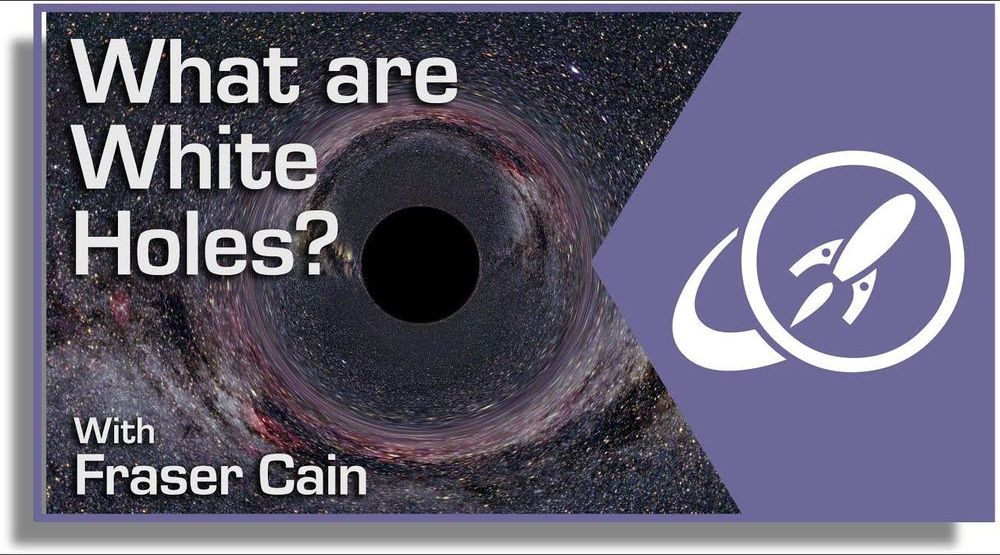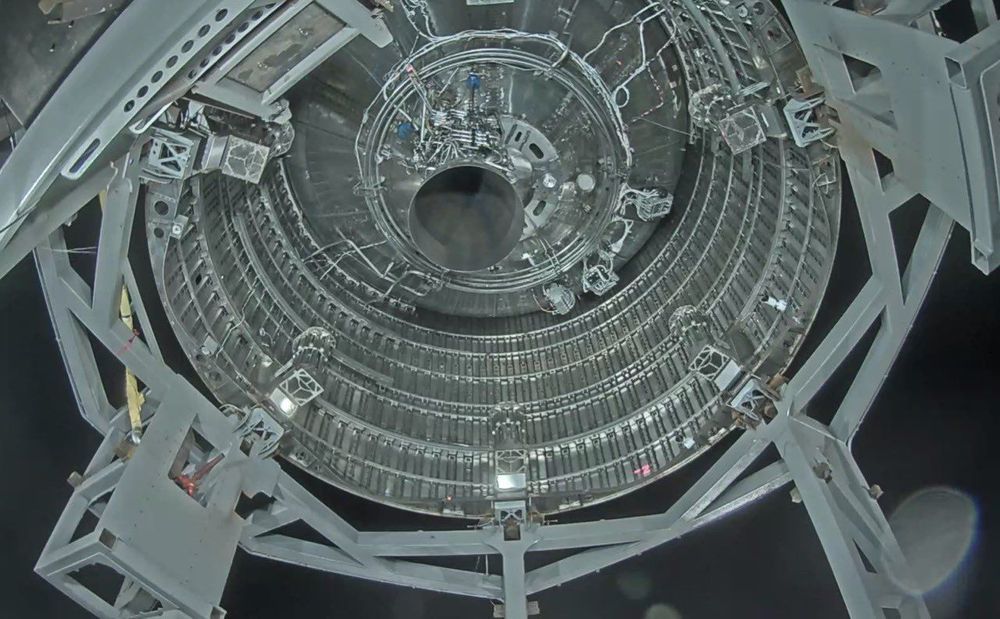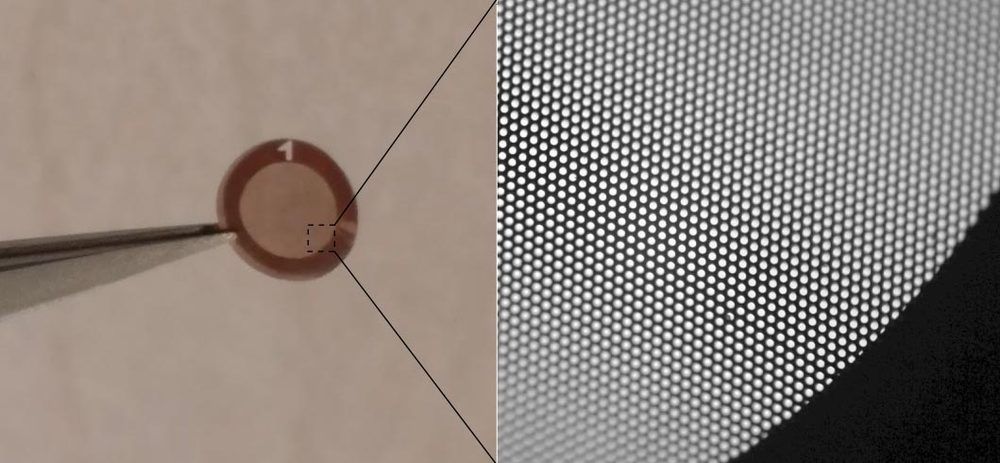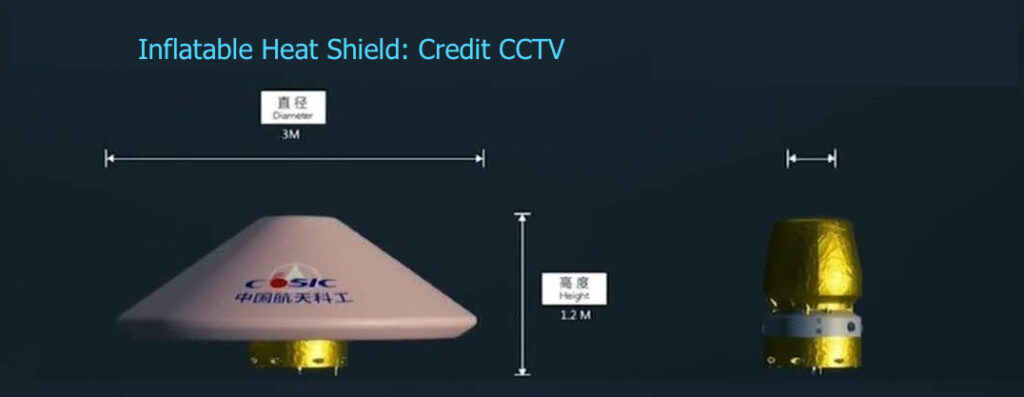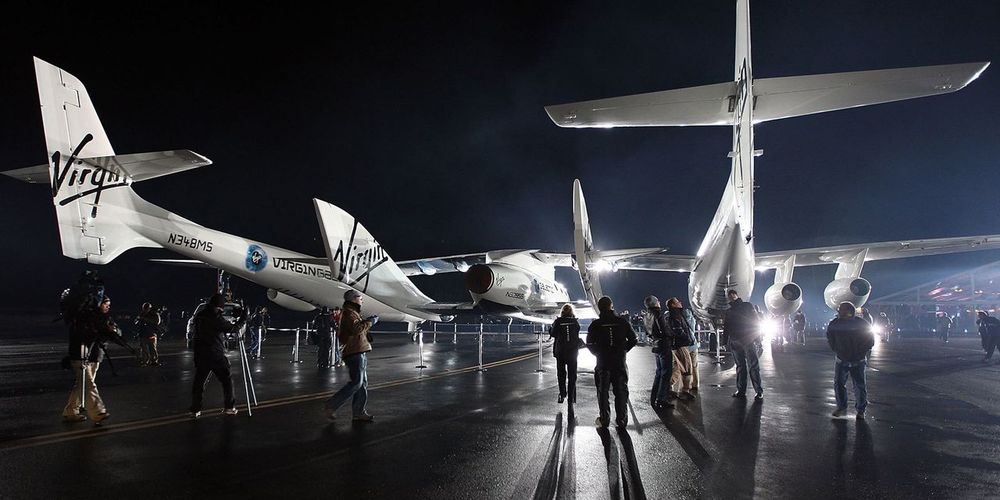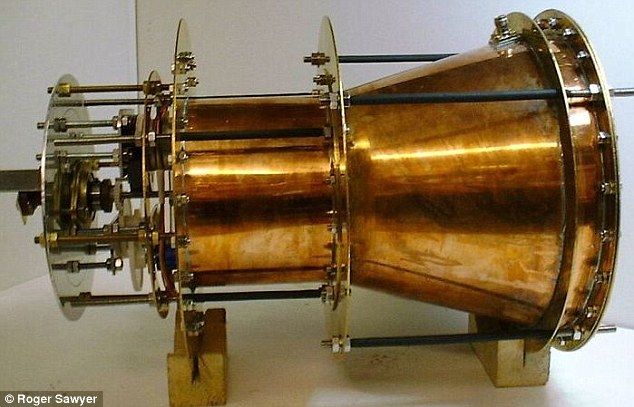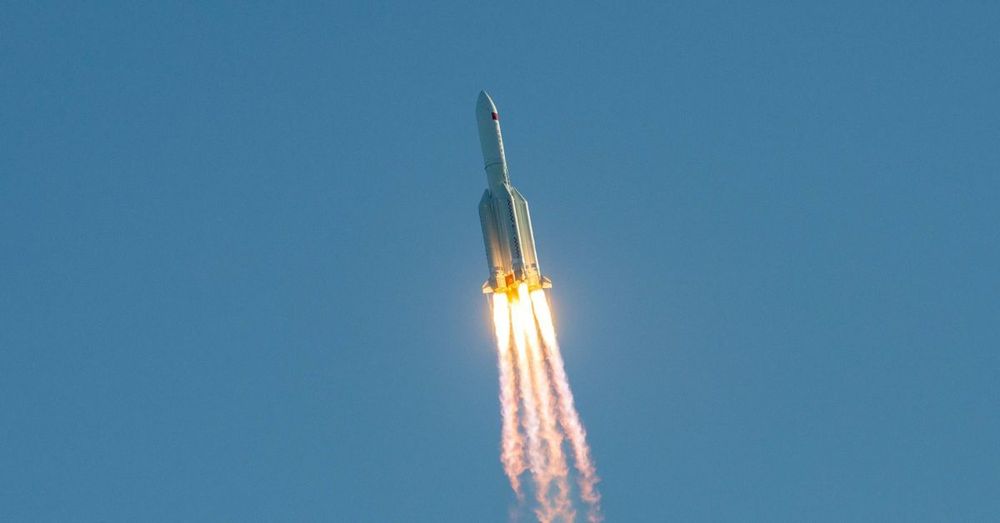May 8, 2020
Viruses Are Likely To Be Ubiquitous Throughout Cosmos
Posted by Bruce Dorminey in categories: biotech/medical, space travel
Viruses are likely to be widespread across the cosmos, says expert. The good news is that most if not all are unlikely to pose threats to space-faring humans.
As this wretched COVID-19 disease has so acutely demonstrated, we live in an ecological duopoly of predator versus prey. Nothing about this set-up is going to change. At least a part of this microbial world is going to continue to wreak havoc on humans anytime it can.
Thus, in our current quest to move off-world, first to the Moon and Mars, then even further afield what are the chances that any given exo-earth will also harbor microbes that will be lethal to other living organisms? In other words, will this predator versus prey dynamic play out on a grand cosmic scale?
Continue reading “Viruses Are Likely To Be Ubiquitous Throughout Cosmos” »

